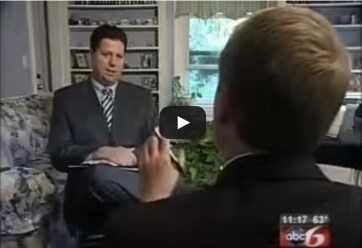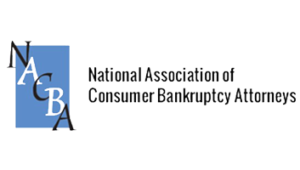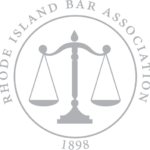Bankruptcy Laws Can Protect Your House
In a recent video by ABC6 News, it was suggested that a person could lose their house if they file a Chapter 7 bankruptcy. While there are limits to how much equity can be protected, the statement was misleading. The process is actually easy to understand and is designed to protect most homeowners who need bankruptcy relief. […]
Interview by ABC6 News: Filing Bankruptcy in Rhode Island

Here is a link to a recent news story about when you should consider bankruptcy as an option for debt relief. ABC6 News: Filing Bankruptcy in Rhode Island The only part of the story that should be clarified is that while a Chapter 7 bankruptcy limits the amount of equity you can protect in a […]
RI Bankruptcy Means Test
Since 2005, the bankruptcy “Means Test” has been used to determine who qualifies for Chapter 7 bankruptcy relief here in Rhode Island. It acts as a “gatekeeper”. The Means Test attempts to measure the cost of living in Rhode Island and how your gross income compares to that of other families of the same size. The test […]




